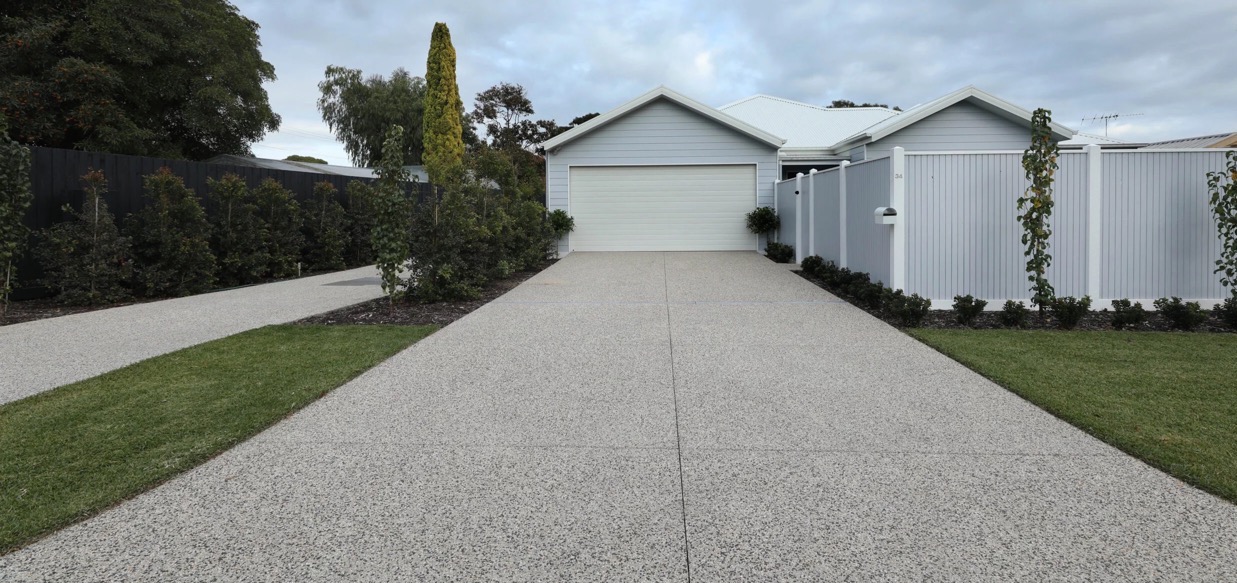

Articles
How Much Does It Cost To Expand A Driveway
Modified: November 1, 2024
Learn about the estimated cost of expanding a driveway in this informative article. Discover tips, factors, and budget considerations for your project.
(Many of the links in this article redirect to a specific reviewed product. Your purchase of these products through affiliate links helps to generate commission for Storables.com, at no extra cost. Learn more)
Introduction
Expanding a driveway can bring numerous benefits to homeowners, including increased parking space, easier access to the property, and improved aesthetics. However, before embarking on a driveway expansion project, it is essential to understand the costs involved. The cost of expanding a driveway can vary significantly depending on several factors, including the size of the expansion, the materials chosen, and the location of the property.
In this article, we will explore the various factors that can affect the cost of driveway expansion. We will also provide a breakdown of the expenses involved and offer some tips to help you keep the costs under control. Whether you are considering expanding your driveway for practical reasons or to enhance the curb appeal of your home, understanding the cost implications will help you make informed decisions and plan your budget accordingly.
Key Takeaways:
- Factors such as the size of the expansion, choice of materials, labor and installation expenses, permits and regulations, and additional features all play a significant role in determining the cost of a driveway expansion project. Understanding these factors is crucial for effective budgeting and decision-making.
- By implementing cost-effective strategies, such as setting a realistic budget, choosing the right materials, getting multiple quotes, and considering DIY options, homeowners can manage expenses effectively and achieve a successful and affordable driveway expansion that enhances the value of their property.
Read more: How Much Does It Cost For A Paver Driveway
Factors Affecting the Cost of Driveway Expansion
Several factors can influence the cost of expanding a driveway. Understanding these factors will help you anticipate the expenses involved and make informed decisions regarding your driveway expansion project. Here are the key factors that can affect the cost:
- Size of the Expansion: The size of the driveway expansion is one of the primary factors that determine the cost. Generally, the larger the expansion, the higher the cost. The size of the expansion will depend on factors such as the number of vehicles you want to accommodate and the available space on your property.
- Materials Chosen: The choice of materials for your driveway expansion will greatly impact the cost. Common materials used for driveways include concrete, asphalt, gravel, and pavers. Each material has its own cost associated with it. Concrete and asphalt tend to be more expensive, while gravel is a more affordable option.
- Site Preparation: The condition of the existing driveway and the site preparation required can affect the cost. If the existing driveway needs to be removed or if excavation is required to prepare the site, it will add to the overall expenses. The complexity of the site preparation will depend on factors such as the terrain, soil conditions, and any existing structures.
- Labor and Equipment: The cost of labor and equipment necessary for the driveway expansion project will impact the overall cost. Labor costs can vary based on the location and the expertise of the contractors involved. Additionally, certain equipment may be required for tasks such as excavation, leveling, and paving.
- Additional Features: If you want to incorporate additional features into your driveway expansion, such as edging, decorative elements, or lighting, it will add to the overall cost. These features can enhance the aesthetics and functionality of your driveway but should be considered when budgeting for the project.
- Permits and Regulations: Depending on your location, you may need to obtain permits or adhere to certain regulations for driveway expansion projects. Permit fees and compliance with regulations can add to the overall cost. It is essential to research and understand the requirements specific to your area before starting the project.
By considering these factors, you can get a better understanding of the cost range for your driveway expansion project. It is recommended to consult with professionals who can assess your specific needs and provide accurate cost estimates based on the factors mentioned above.
Permits and Regulations
Before embarking on a driveway expansion project, it is important to research and understand the permits and regulations required in your area. Local authorities have specific guidelines in place to ensure that driveway expansions are done safely and in compliance with the local building codes. Failing to obtain the necessary permits or ignoring the regulations can result in penalties and potential legal issues.
The permits and regulations for driveway expansion can vary depending on your location. Some common requirements include:
- Building Permits: In many areas, you will need to obtain a building permit for any significant changes to your property, including driveway expansions. The permit process typically involves submitting plans and specifications of the proposed expansion, paying a fee, and undergoing inspections to ensure compliance with local regulations.
- Setback Distances: Setback distances refer to the distance between the edge of your driveway and the neighboring properties or public easements. These distances are usually regulated to ensure adequate space for emergency vehicles, pedestrian safety, and proper drainage. Check with your local authorities to determine the setback requirements for your driveway expansion.
- Stormwater Management: Many municipalities have stormwater management regulations in place to prevent excessive runoff and protect water quality. If your driveway expansion involves adding impervious surfaces, such as concrete or asphalt, you may need to incorporate stormwater management features, such as drainage systems or retention ponds, to comply with these regulations.
- Environmental Considerations: Some areas have restrictions on the type of materials that can be used for driveway expansions to minimize environmental impact. For example, certain locations may prohibit the use of gravel or require permeable paving materials to promote water infiltration and reduce water runoff. It is important to understand and comply with any environmental considerations specific to your area.
To ensure a smooth and compliant driveway expansion project, it is advisable to consult with your local building department or zoning office. They will provide you with the necessary information regarding permits, regulations, and any specific requirements that apply to your property. Hiring a professional contractor experienced in navigating the permit process can also help streamline the approval process and ensure that your driveway expansion meets all regulatory standards.
Excavation and Demolition Costs
Excavation and demolition are crucial steps in driveway expansion projects, especially if there is an existing driveway in place. These processes involve the removal of any obstacles, such as trees, shrubs, or old pavement, to prepare the site for the new expansion. The costs associated with excavation and demolition can vary depending on factors such as the size and condition of the existing driveway, the type of material used, and the accessibility of the site.
Firstly, the condition of the existing driveway will impact the excavation and demolition costs. If the current driveway is in good condition and only requires minor modifications, the excavation and demolition costs will likely be lower. However, if the existing driveway is heavily damaged or in poor condition, additional work may be required to remove it completely, increasing the overall costs.
Another factor to consider is the type of material used for the existing driveway. Different materials require different methods of removal. For example, removing asphalt may involve grinding or milling, while concrete may require breaking it into manageable pieces. The chosen method of removal will affect the time and effort required, and subsequently, the overall cost.
The accessibility of the site is also a significant factor in determining excavation and demolition costs. If the driveway expansion site is easily accessible for large machinery, it will reduce the time and effort needed for excavation and demolition. However, if the site is challenging to reach, requiring manual labor or specialized equipment, the costs will inevitably increase.
It is important to note that excavation and demolition costs can vary significantly depending on the complexity of the project and the rates charged by contractors in your area. It is recommended to obtain multiple quotes from reputable contractors and compare their estimates carefully.
To ensure an accurate cost estimate for excavation and demolition, consider the following points:
- Site Evaluation: Hire a professional contractor or engineer to assess the site and determine the scope of excavation and demolition required. They will be able to provide an accurate estimate based on the specific conditions and requirements of your project.
- Disposal of Debris: Consider the cost of removing and disposing of the demolished material. Some contractors include this cost in their estimates, while others may charge an additional fee for debris removal. Discuss this with the contractors during the quoting process.
- Unknown Factors: Keep in mind that there may be unforeseen factors, such as hidden utilities or poor soil conditions, which can impact the excavation and demolition process. It is important to have a contingency fund to address any unexpected expenses that may arise during the project.
By considering these factors and obtaining accurate estimates from reputable contractors, you can budget appropriately for the excavation and demolition costs associated with your driveway expansion project.
Materials and Paving Options
Choosing the right materials and paving options for your driveway expansion is crucial for both aesthetic appeal and long-term durability. There are various materials available, each with its own advantages and cost considerations. Understanding the different options will help you make an informed decision based on your preferences, budget, and maintenance requirements.
Here are some common materials and paving options for driveway expansions:
- Concrete: Concrete is a popular choice for driveways due to its durability and versatility. It can be poured into any shape and can withstand heavy loads. Concrete driveways are low-maintenance and can last for many years with proper care. However, the cost of materials and labor for a concrete driveway can be higher compared to other options.
- Asphalt: Asphalt is another commonly used material for driveways. It is less expensive than concrete and provides a smooth and durable surface. Asphalt driveways are known for their ability to withstand extreme weather conditions, such as hot summers and cold winters. However, they may require regular maintenance, including sealing and periodic repairs, to prolong their lifespan.
- Gravel: Gravel driveways are a more affordable option compared to concrete or asphalt. They provide a rustic and natural appearance and are relatively easy to install. However, gravel driveways may require occasional maintenance and regrading to prevent erosion and maintain a smooth surface. They also tend to require more regular maintenance due to the potential for gravel displacement and the need to replenish the material periodically.
- Pavers: Pavers offer a wide range of design options, allowing for creative and customizable driveway designs. They are available in various shapes, sizes, and colors, allowing you to create a unique and visually appealing driveway. Pavers offer durability and ease of repair, as individual pavers can be replaced if damaged. However, paver driveways tend to be more expensive initially and may require occasional maintenance, such as joint re-sanding and weed control.
When choosing the material for your driveway expansion, consider factors such as your budget, personal preferences, climate conditions, and maintenance requirements. It is also essential to consult with a professional contractor who can assess your specific needs and provide guidance on the best material and paving option for your project.
Additionally, keep in mind that the cost of materials can vary depending on the quality and availability in your area. Obtain multiple quotes from reputable suppliers to ensure you are getting the best value for your money.
By carefully considering the materials and paving options for your driveway expansion, you can create a beautiful, functional, and long-lasting addition to your property that suits your budget and enhances the curb appeal of your home.
Read more: How Much Does It Cost To Repair A Driveway
Labor and Installation Expenses
Labor and installation costs are significant factors to consider when budgeting for a driveway expansion project. Hiring professional contractors with experience in driveway installation ensures that the project is completed efficiently and to a high standard. The labor and installation expenses can vary depending on factors such as the complexity of the project, the size of the expansion, and the rates charged by contractors in your area.
Here are some key considerations when it comes to labor and installation expenses for a driveway expansion:
- Professional Contractors: Hiring experienced and reputable contractors is crucial for a successful driveway expansion project. Professional contractors have the expertise, equipment, and knowledge to handle the installation process effectively. It is recommended to obtain multiple quotes from different contractors and compare their services and rates before making a decision.
- Project Complexity: The complexity of the driveway expansion can impact the labor and installation costs. If the site requires significant excavation or demolition, has challenging terrain, or involves intricate design elements, it may increase the labor expenses. Discuss the intricacies of your project with the contractors during the quoting process to get accurate cost estimates.
- Skill and Experience: The labor costs can also depend on the skill level and experience of the contractors. Highly skilled and experienced contractors may charge higher rates, but their expertise can ensure a higher-quality installation and reduce the chances of issues arising in the future. Consider the reputation and track record of the contractors when selecting the right team for your driveway expansion.
- Timeframe and Efficiency: The time required to complete the project can impact the overall labor expenses. Contractors may charge based on a fixed price or an hourly rate. Efficient contractors who can complete the project within a shorter timeframe may provide better value for your money. However, it is important not to compromise on quality for the sake of speed.
When hiring contractors, it is essential to have a clear understanding of the agreed-upon services, timelines, and payment terms. Obtain a written contract detailing the scope of work, materials to be used, start and completion dates, and any warranties provided. This contract ensures that both parties are on the same page and helps prevent potential disputes or misunderstandings.
It is also important to budget for unforeseen expenses that may arise during the installation process. Factors like unexpected site conditions or changes in the project scope can result in additional costs. Having a contingency fund can help cover these expenses and avoid any financial strain.
By carefully considering labor and installation expenses and choosing reputable and skilled contractors, you can ensure a smooth and successful driveway expansion project that meets your expectations and enhances the value and functionality of your property.
Consider the materials and labor required for the expansion, as well as any necessary permits. Factors such as the size of the expansion and the existing condition of the driveway will also impact the cost. It’s best to consult with a professional for an accurate estimate.
Additional Features and Enhancements
When planning a driveway expansion, it is important to consider any additional features or enhancements you may want to incorporate. These features can enhance the functionality, aesthetics, and overall value of your driveway. While they may increase the upfront cost of the project, they can provide long-term benefits and improve the overall experience of using your driveway.
Here are some additional features and enhancements to consider:
- Edging: Adding edging to your driveway can create a clean and polished look. Edging materials such as brick, stone, or concrete can define the borders of your driveway and prevent the edges from eroding or shifting over time. Edging also helps contain the gravel or paver material within the driveway borders.
- Decorative Elements: Incorporating decorative elements into your driveway design can enhance the curb appeal of your home. This may include decorative patterns, borders, or focal points created using pavers, stamped concrete, or customized materials. These elements can add a unique and personalized touch to your driveway.
- Lighting: Installing lighting along your driveway can improve visibility and safety, particularly during nighttime. There are various lighting options available, including solar-powered lights, LED strips, or low-voltage lighting systems. Consider placing lights along the edges, walkways, or at the entrance of your driveway for both functional and aesthetic purposes.
- Additional Parking Space: If your property allows for it, expanding your driveway to accommodate additional parking spaces can be a valuable investment. This is especially useful if you frequently have guests or own multiple vehicles. Increasing the size of your driveway can provide convenient and dedicated parking space, reducing the need for street parking.
- Drainage Systems: Proper drainage is essential for preventing water buildup and potential damage to your driveway. Incorporating a drainage system, such as French drains or permeable pavers, can help manage water runoff and prevent pooling or flooding. Discuss drainage options with your contractor to determine the most suitable solution for your property.
While additional features and enhancements can add to the overall cost of your driveway expansion, they can significantly improve the functionality and visual appeal of your driveway. When considering these enhancements, establish a clear budget and prioritize the features that align with your needs and preferences.
Consulting with a professional contractor experienced in driveway design and installation can help you explore different options and determine the feasibility of incorporating additional features. They can provide guidance on the cost implications, maintenance requirements, and potential long-term benefits of each enhancement.
By carefully considering and planning for additional features and enhancements, you can create a driveway that not only serves its practical purpose but also enhances the overall aesthetics and functionality of your property.
Maintenance and Long-Term Costs
Maintenance is an important aspect to consider when budgeting for a driveway expansion project. Different materials and paving options require varying levels of maintenance to ensure their longevity and continued functionality. Understanding the maintenance requirements and long-term costs associated with your chosen materials will help you plan and allocate resources accordingly.
Here are some factors to consider regarding maintenance and long-term costs for your driveway expansion:
- Sealing and Resurfacing: Some materials, such as asphalt, may require periodic sealing to protect against moisture damage and to maintain their appearance. Other materials like concrete or pavers may require occasional resurfacing or resealing to prevent cracking or fading. Factor in the cost of these maintenance activities when budgeting for your driveway.
- Crack and Pothole Repair: Over time, driveways may develop cracks or potholes due to weathering or wear and tear. Repairing these issues promptly is important to prevent further damage. Consider the cost of patching or filling cracks, as well as the need for periodic inspections and repairs to keep your driveway in optimal condition.
- Weed and Vegetation Control: Driveways can be susceptible to weed and vegetation growth between cracks or in gravel driveways. Regular weed control and vegetation maintenance may be necessary to keep your driveway looking clean and well-maintained. This may involve manual weeding, applying weed-killing chemicals, or using landscape fabric to minimize weed growth.
- Snow and Ice Removal: If you live in an area with harsh winters, you will need to budget for snow and ice removal from your driveway. Consider the cost of purchasing snow removal equipment or hiring professional services, as well as any necessary de-icing agents to keep the driveway safe and accessible during winter months.
- Power Washing and Cleaning: Regular cleaning and maintenance contribute to the overall appearance and longevity of your driveway. Power washing or using a pressure washer can remove dirt, stains, and debris, helping to preserve the visual appeal of your driveway. Depending on the material and finish, factor in the cost of periodic cleaning or professional power washing services.
It is important to note that the maintenance requirements and costs will vary depending on the material and construction of your driveway. Some materials, like concrete or asphalt, may require more frequent maintenance compared to other options like gravel or pavers. Consider your lifestyle, climate, and personal preferences when choosing the material to ensure it aligns with your maintenance capabilities and budget.
Regular maintenance not only extends the lifespan of your driveway but also helps prevent more significant issues that may require costly repairs in the future. By properly maintaining your driveway, you can enjoy its beauty and functionality for many years to come.
Consult with your contractor or supplier to understand the specific maintenance requirements for your chosen material and seek their advice on best practices for preserving your driveway over time.
Cost Breakdown by Square Footage
When planning a driveway expansion project, understanding the cost breakdown by the square footage of the expansion can help you estimate the overall expenses more accurately. The cost per square foot can vary depending on factors such as the materials chosen, the complexity of the project, and the local labor rates. Here is a general cost breakdown based on square footage:
- Gravel Driveways: Gravel driveways tend to be more cost-effective compared to other materials. On average, the cost for a gravel driveway expansion can range from $2 to $5 per square foot. The cost may fluctuate based on the type and quality of the gravel selected.
- Asphalt Driveways: Asphalt driveways offer a durable and affordable option. The cost for an asphalt driveway expansion can range from $3 to $6 per square foot. Additional factors, such as the thickness of the asphalt layer and the need for any special additives, can impact the overall cost.
- Concrete Driveways: Concrete driveways are known for their longevity and versatility. The cost for a concrete driveway expansion typically ranges from $5 to $10 per square foot. Factors that may affect the cost include the design complexity, decorative elements, and any additional enhancements.
- Paver Driveways: Paver driveways offer endless design possibilities and long-lasting durability. The cost for a paver driveway expansion can range from $10 to $30 per square foot, depending on the specific type, size, and pattern of the pavers chosen. Specialty or high-end pavers may have higher price points.
It is important to note that these cost ranges are approximate and can vary based on your location, the specific project requirements, and market conditions. Additionally, there may be additional costs for factors such as excavation, demolition, permits, and additional features or enhancements.
In order to get an accurate cost estimation based on the square footage of your driveway expansion, it is recommended to obtain detailed quotes from multiple contractors. They can provide a more precise breakdown of the costs specific to your project, taking into account factors such as the site conditions, materials, labor, and any additional features you wish to incorporate.
By understanding the cost breakdown by square footage and obtaining several quotes, you can effectively budget and plan for your driveway expansion project, ensuring that your investment aligns with your financial resources and desired outcome.
Read more: How Much Does It Cost For A Gravel Driveway
Tips for Cost-Effective Driveway Expansion
When planning a driveway expansion, it is natural to look for ways to minimize costs without compromising on quality or functionality. Here are some tips to help you achieve a cost-effective driveway expansion project:
- Set a Realistic Budget: Before starting the project, establish a budget that aligns with your financial resources. Consider all the necessary expenses, including materials, labor, permits, and any additional features or enhancements. Having a clear budget in mind will help you make informed decisions and prioritize your expenses.
- Choose Cost-Effective Materials: Consider the cost and long-term maintenance requirements of different materials. Gravel driveways tend to be more affordable, while concrete and asphalt offer a balance between durability and cost. Evaluate the pros and cons of each material and select the one that best suits your needs and budget.
- Optimize the Size and Design: Carefully evaluate the size of your driveway expansion to avoid unnecessary costs. Determine the minimum size required to accommodate your parking needs without sacrificing functionality. Additionally, consider simpler and more straightforward designs instead of complex patterns or ornate features that can increase costs.
- Get Multiple Quotes: Obtain quotes from multiple reputable contractors to compare their services and pricing. Be sure to provide them with detailed specifications and plans to ensure accurate estimates. Avoid selecting the lowest quote without considering the contractor’s experience, reputation, and the quality of their work.
- Consider DIY Options: Depending on your skills and the scope of the project, you may be able to save costs by taking on some aspects of the driveway expansion yourself. However, it is crucial to be realistic about your abilities and consult with professionals for tasks that require specialized knowledge or equipment.
- Evaluate Local Regulations: Research and understand the permits and regulations specific to your area before starting the project. Non-compliance can result in costly fines or the need to redo work. Ensure you factor in the costs associated with obtaining permits and meeting the necessary requirements.
- Maintain Proper Drainage: Consider incorporating proper drainage systems into your design to prevent water damage and future repair costs. Adequate drainage can help prolong the lifespan of your driveway and minimize the risk of cracks or potholes forming due to water buildup.
- Plan for Future Expansion: If you anticipate future expansion or additions to your property, consider planning your driveway expansion accordingly. This can help save on costs by minimizing the need for future modifications or adjustments.
- Regular Maintenance: Once the driveway expansion is complete, make sure to follow a regular maintenance schedule to avoid costly repairs in the future. This includes sealing, cleaning, and addressing any issues promptly to prevent further damage.
By implementing these tips, you can optimize your budget, make informed decisions, and achieve a cost-effective driveway expansion project that meets your needs and enhances the value of your property.
Conclusion
Expanding your driveway can provide numerous benefits, from increasing parking space to enhancing the overall aesthetics of your property. However, it is important to understand the factors that can affect the cost of a driveway expansion and how to plan and budget accordingly. By considering these factors and following cost-effective strategies, you can achieve a successful and affordable driveway expansion project.
Factors such as the size of the expansion, choice of materials, site preparation, labor and installation expenses, permits and regulations, and additional features or enhancements can impact the overall cost. It is essential to research and understand these factors in order to make informed decisions and avoid any surprises during the project.
When it comes to the cost breakdown, the type of material chosen plays a significant role. Gravel driveways tend to be more affordable, while concrete, asphalt, and paver driveways have varying costs based on their durability, longevity, and aesthetic appeal.
Maintaining your driveway and adhering to a regular maintenance schedule is crucial in prolonging its lifespan and avoiding expensive repairs down the line. Proper drainage, occasional sealing, crack and pothole repairs, and regular cleaning are essential maintenance tasks to consider.
By following cost-effective tips, such as setting a realistic budget, choosing cost-effective materials, getting multiple quotes, considering DIY options, and planning for future expansion, you can manage expenses effectively and maximize the value of your driveway expansion investment.
In conclusion, a driveway expansion project requires careful planning, consideration of various factors, and the implementation of cost-effective strategies. By understanding the costs involved, researching materials and options, and working with reputable contractors, you can achieve a successful and affordable driveway expansion that enhances the functionality, aesthetics, and value of your property for years to come.
Frequently Asked Questions about How Much Does It Cost To Expand A Driveway
Was this page helpful?
At Storables.com, we guarantee accurate and reliable information. Our content, validated by Expert Board Contributors, is crafted following stringent Editorial Policies. We're committed to providing you with well-researched, expert-backed insights for all your informational needs.
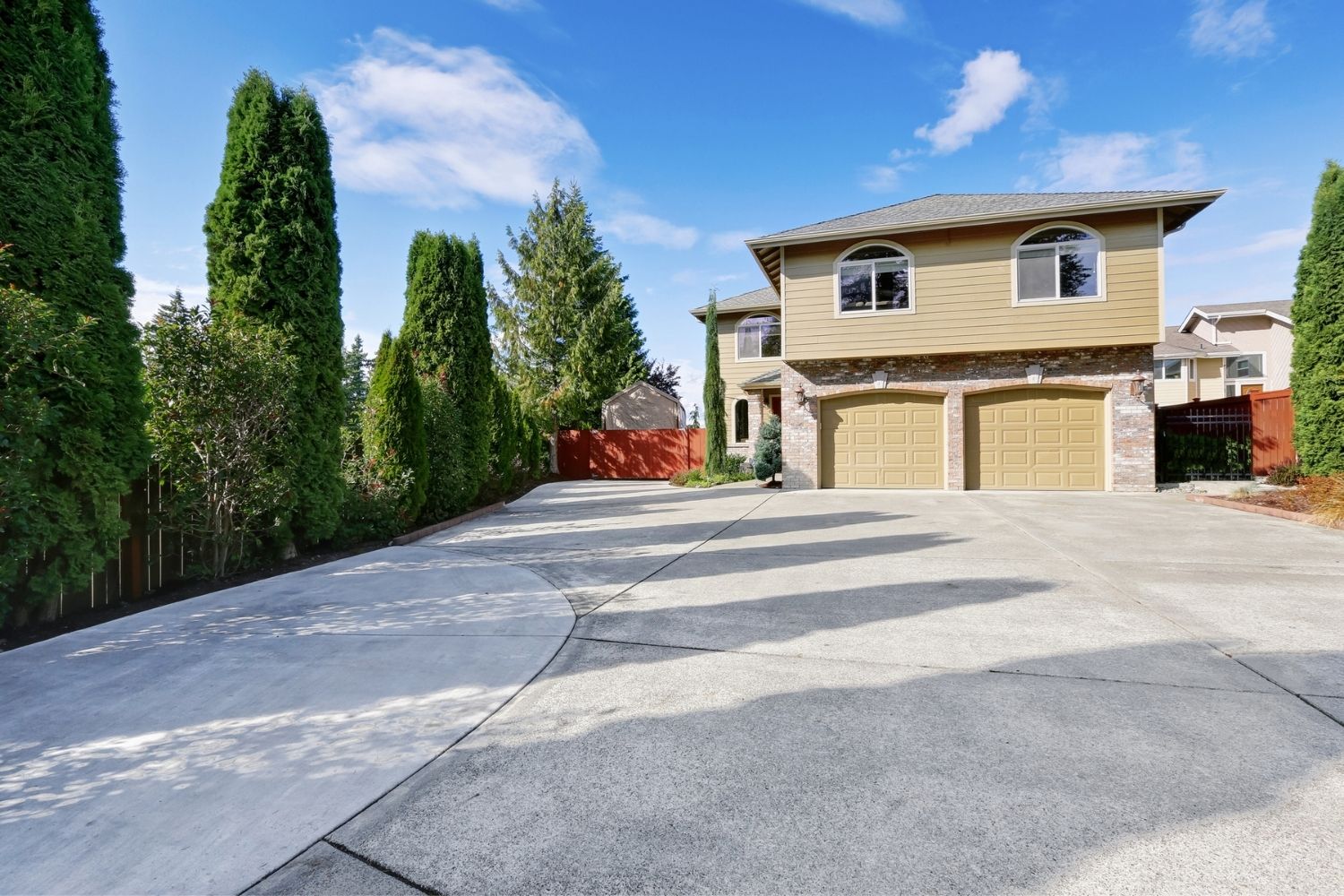
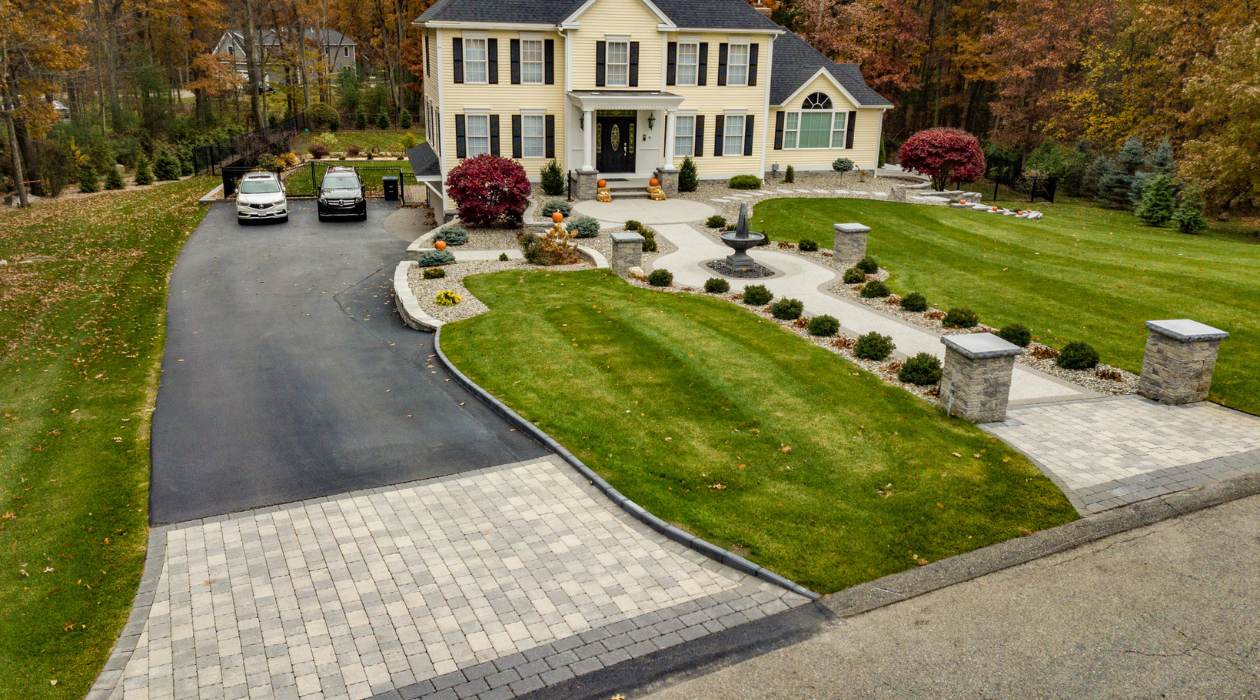
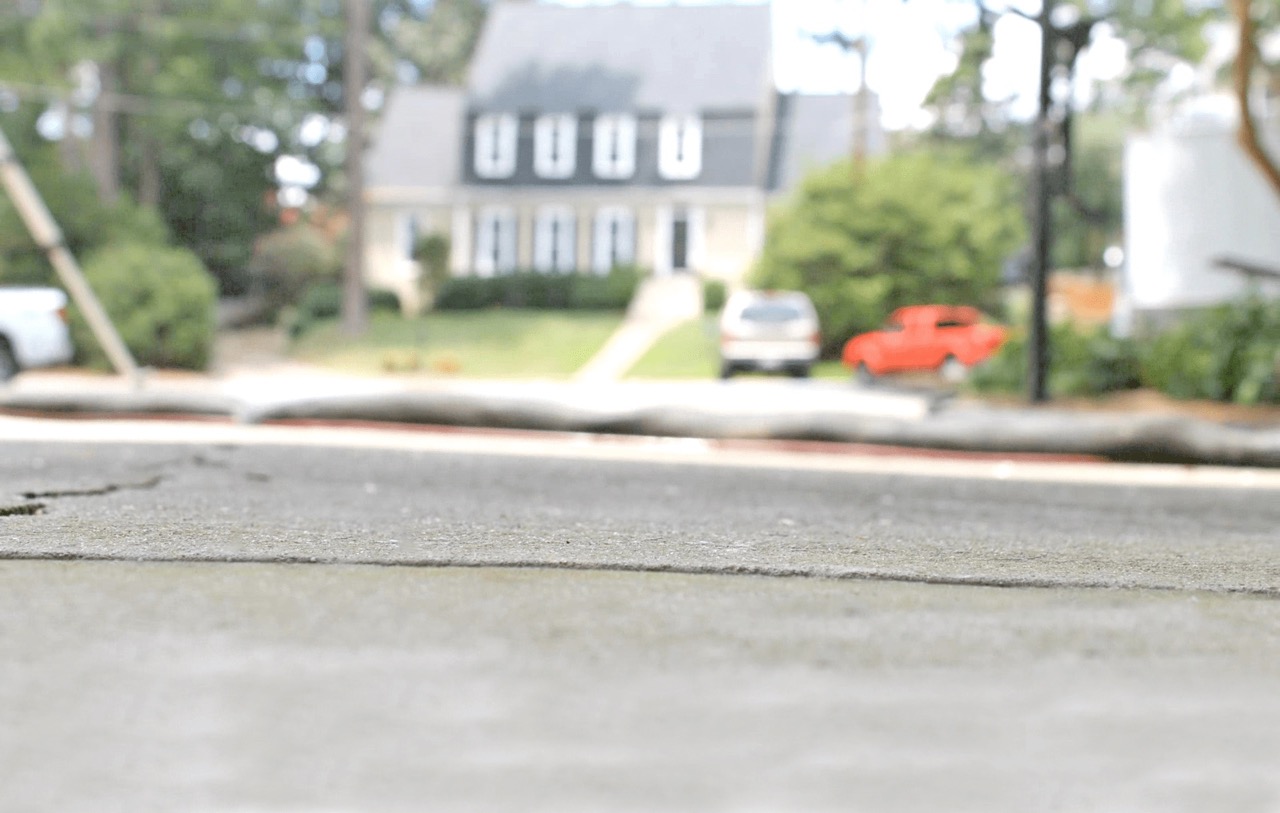
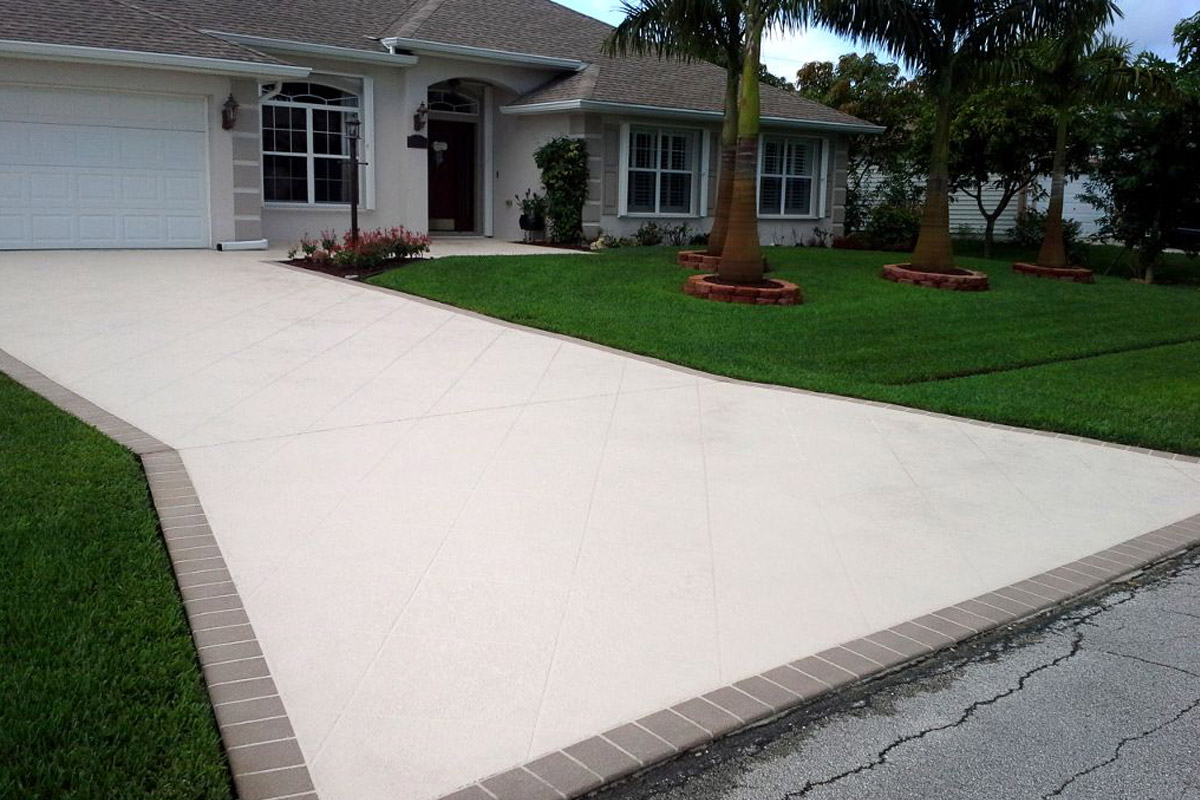
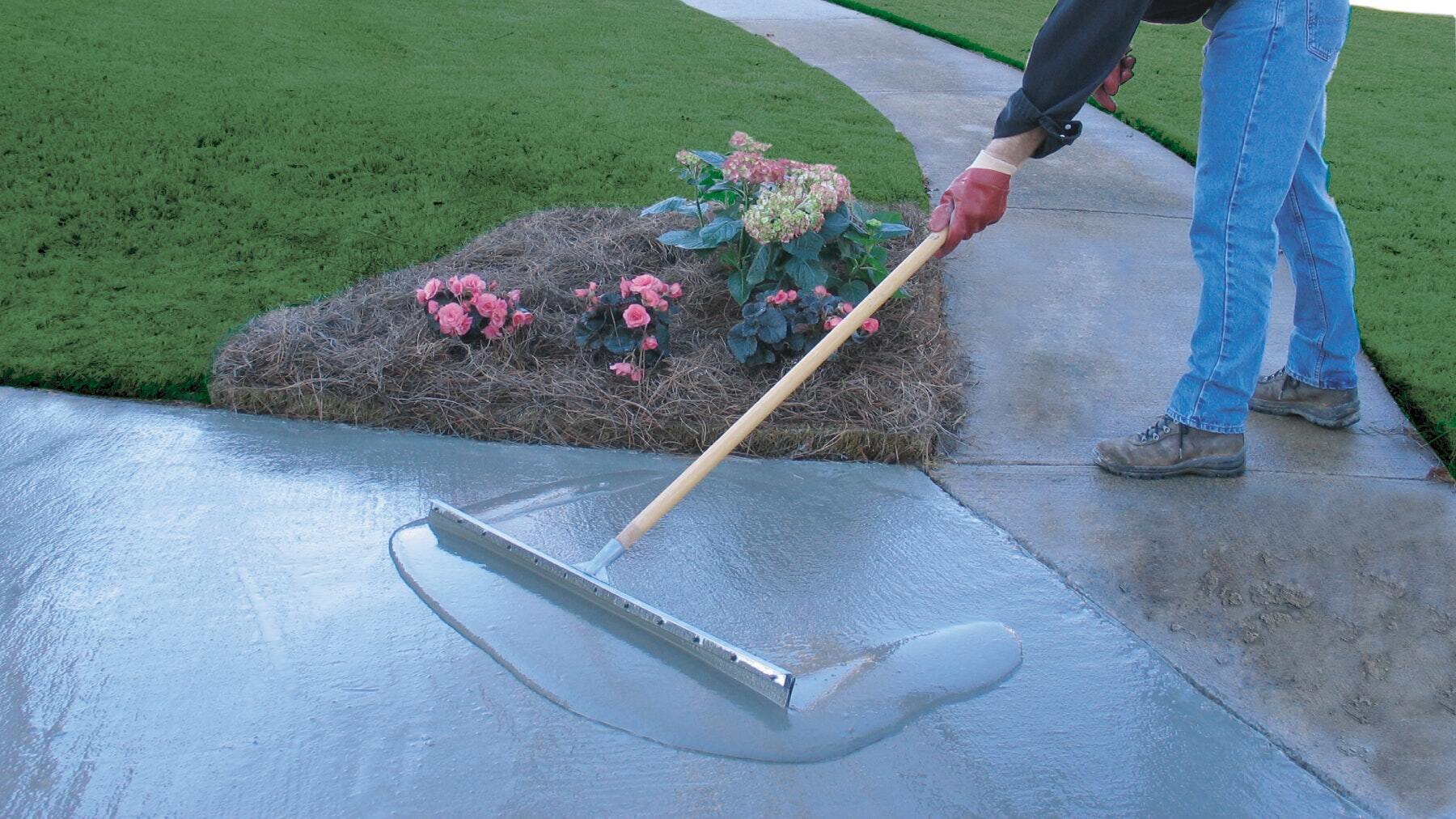

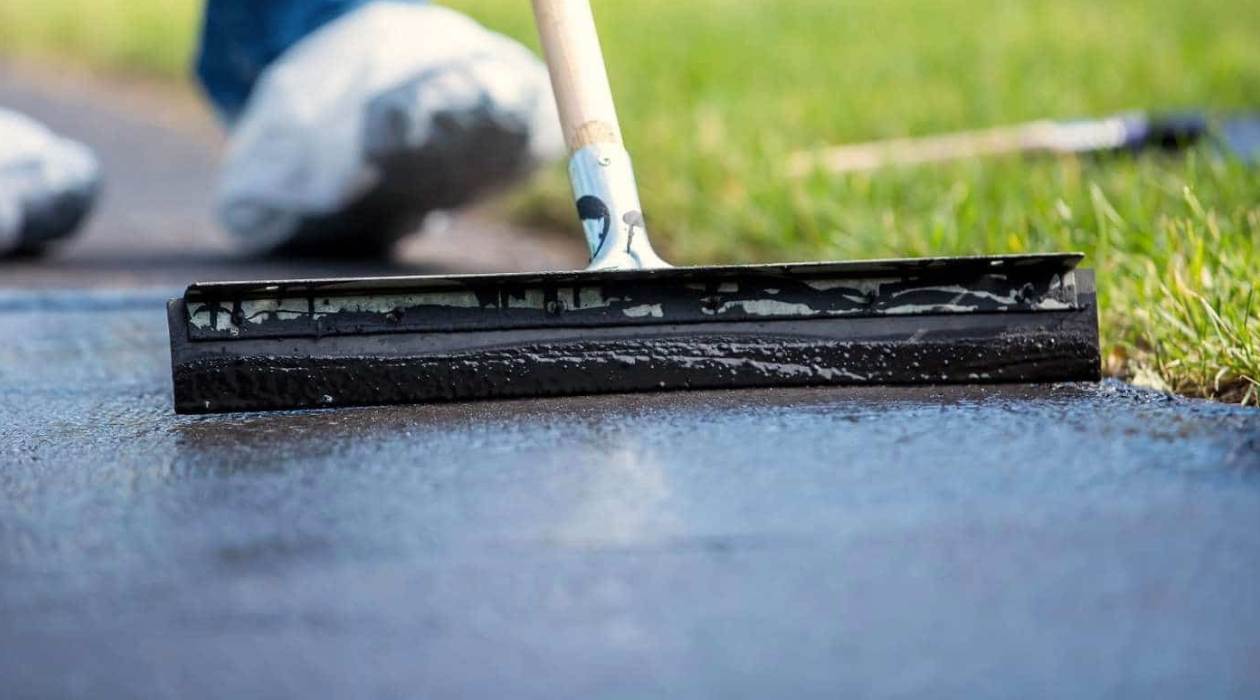
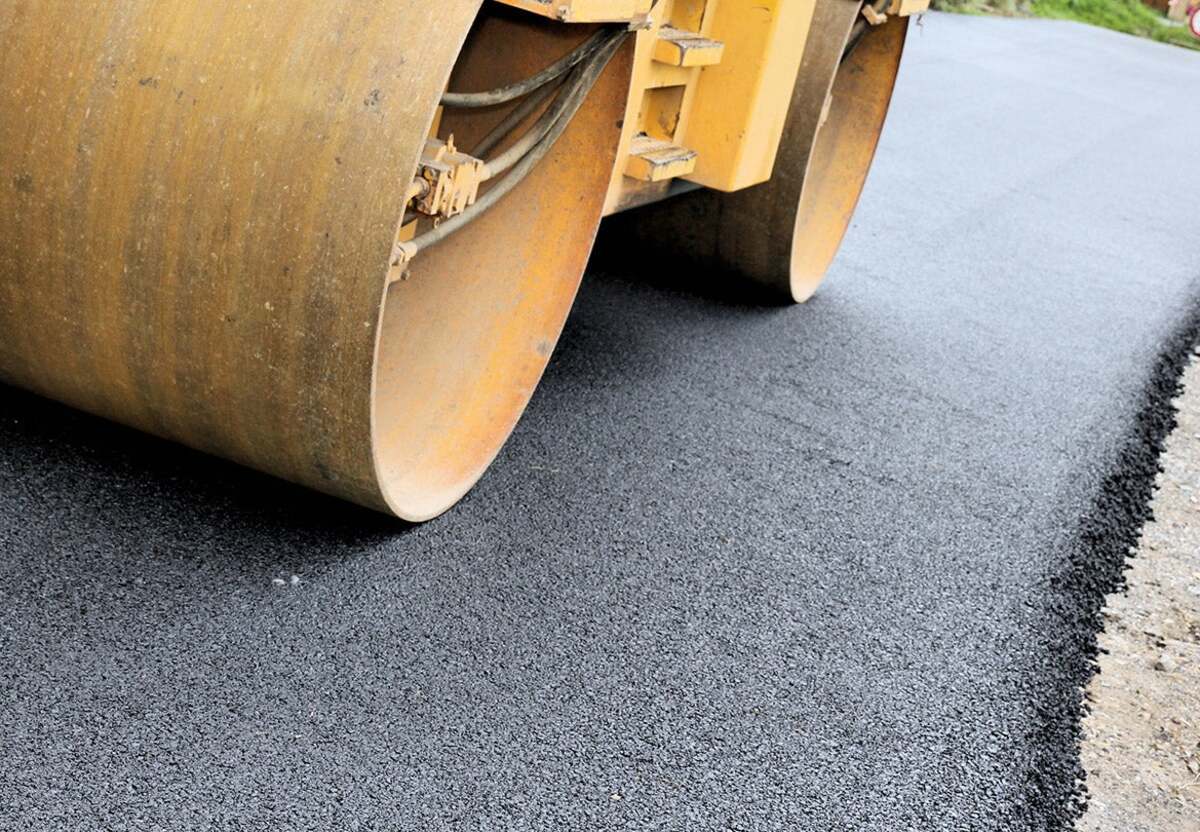
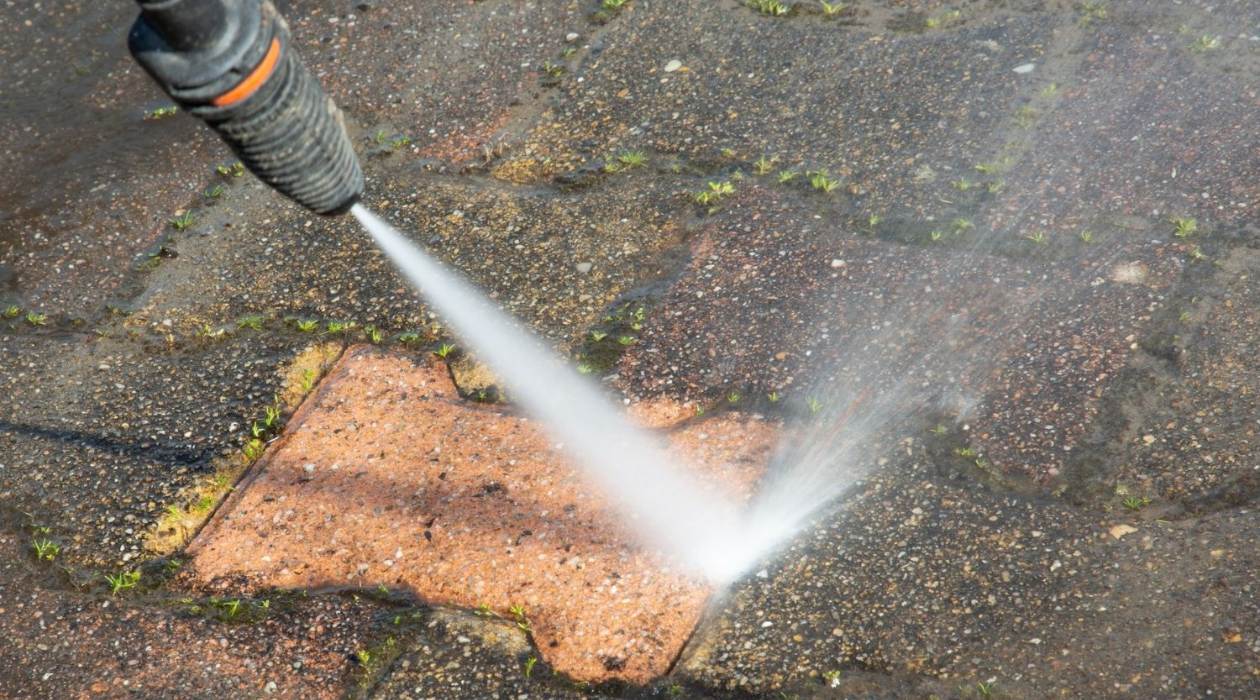
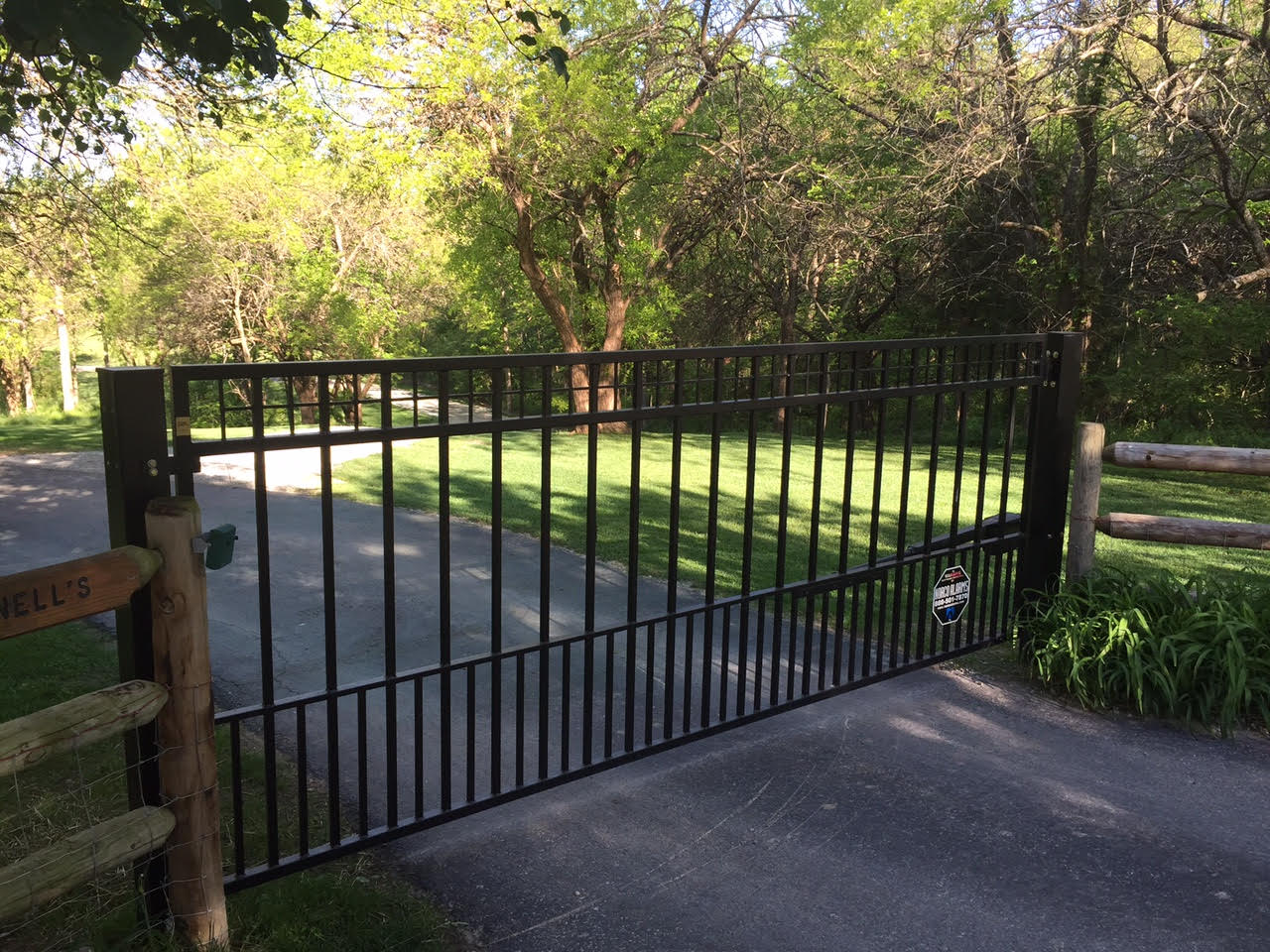


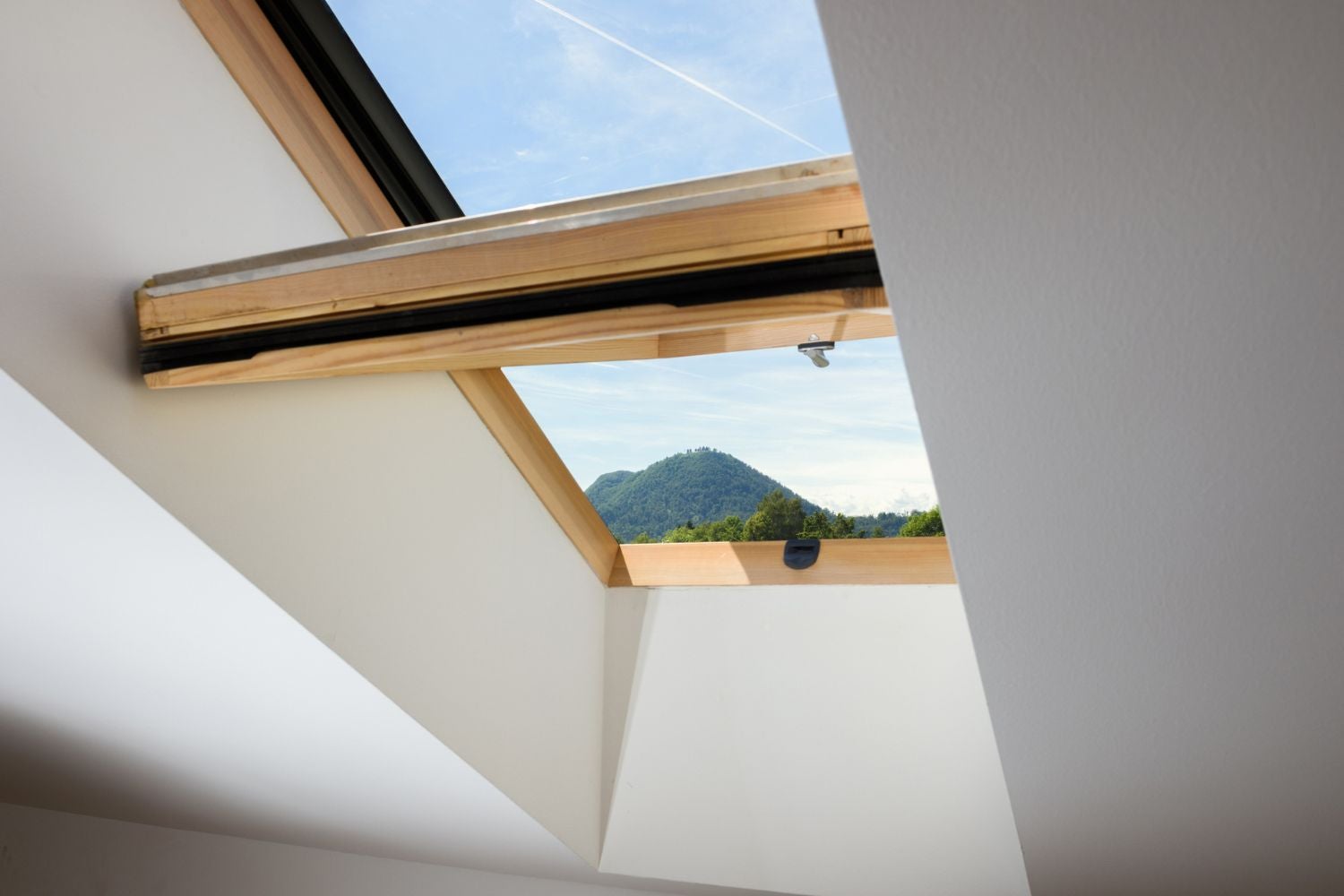

0 thoughts on “How Much Does It Cost To Expand A Driveway”